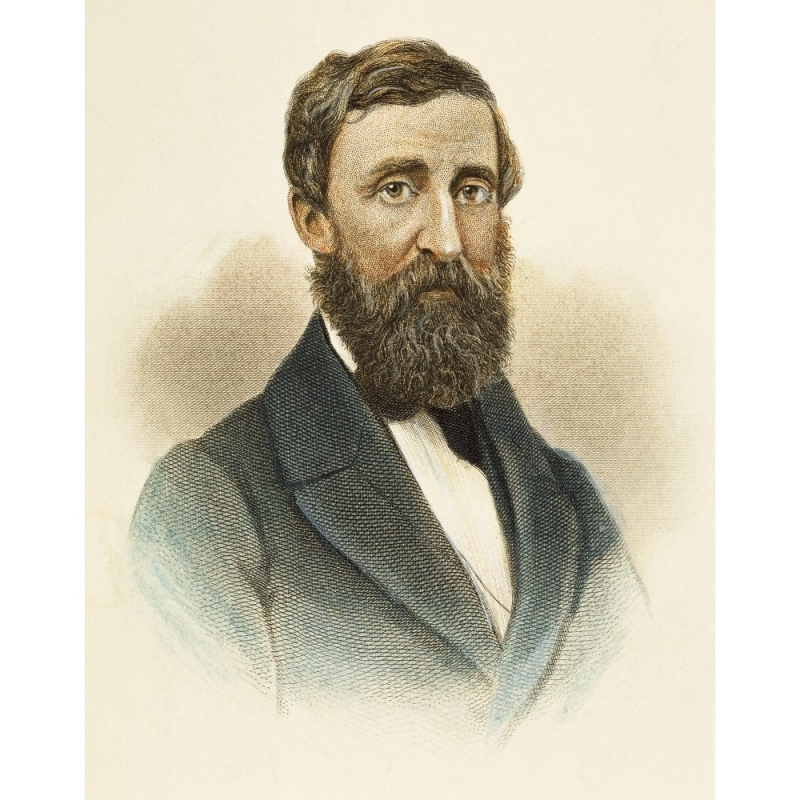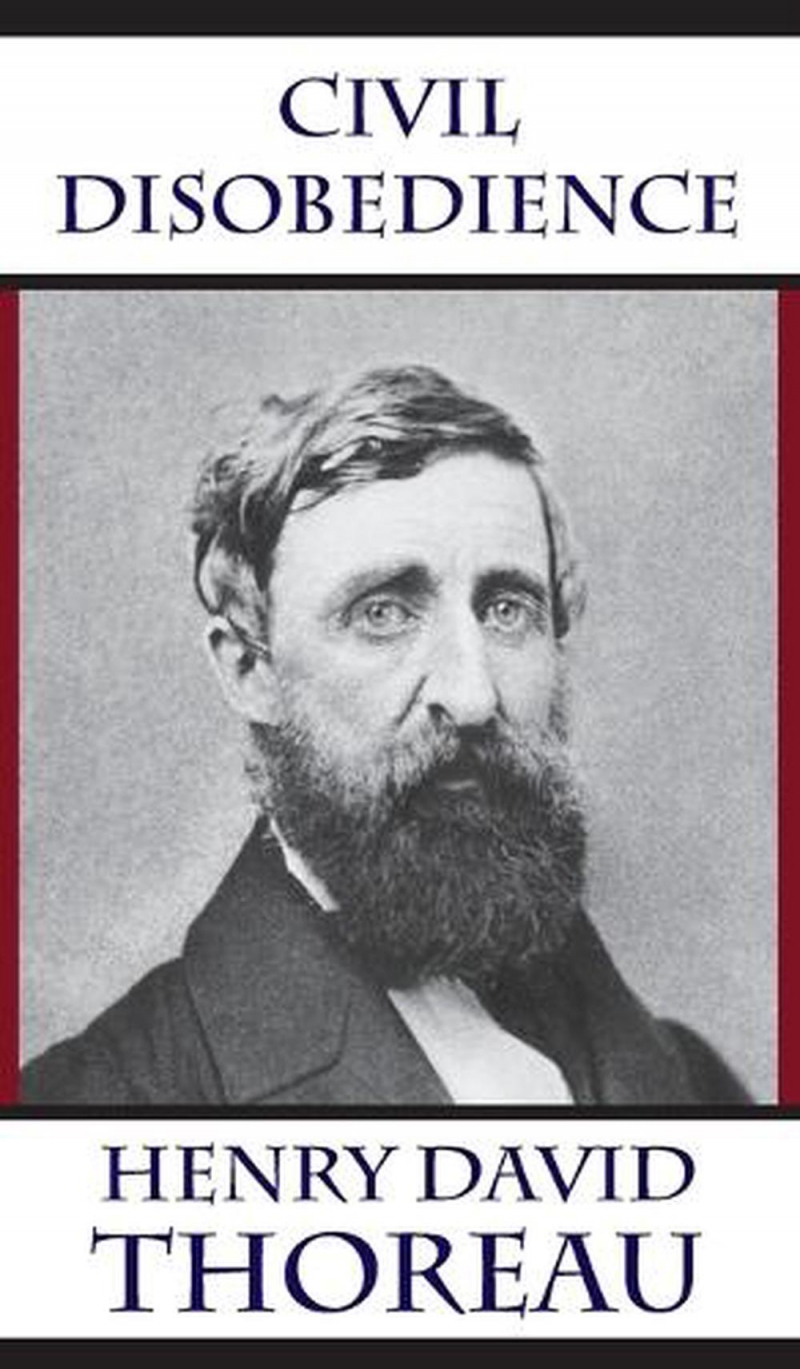Thoreau was an American author, poet, philosopher, abolitionist, naturalist, tax resister, development critic, surveyor and historian.
More than 20 volumes contain all of Thoreau's publications, articles, essays, journals, and poetry. His publications on philosophy and natural history, in which he foresaw the approaches and outcomes of ecology and environmental history—two main sources of contemporary environmentalism—are among his lasting achievements. His writing demonstrates a lyrical sensibility, a philosophical austerity, and an attention to pragmatic detail while weaving together intimate observation of nature, personal experience, incisive rhetoric, symbolic meanings, and historical wisdom.
He also recommended forsaking waste and illusion in order to uncover life's fundamental basic necessities. He was fascinated by the idea of surviving in the face of opposing forces, historical change, and natural deterioration. A longstanding opponent of slavery, Thoreau gave lectures criticizing the law on fugitive slaves, praising Wendell Phillips' works, and defending John Brown. Martin Luther King Jr., Mahatma Gandhi, and other well-known political thinkers and activists were later influenced by Thoreau's ideology of civil disobedience.
This was 19th Century parlance for 'anarchist,' and it may well have been that Thoreau did not wish to bear whatever stigma may have been associated with such terms. Nevertheless, it does not appear that those around him were unaware of his fundamental sentiments. Ralph Waldo Emerson, in 'Thoreau' ' his recollections of Henry David read at his funeral in May of 1862 ' had this to say of the man: 'But, idealist as he was, standing for abolition of slavery, abolition of tariffs, almost for abolition of government, it is needless to say he found himself not only unrepresented in actual politics, but almost equally opposed to every class of reformers.'









